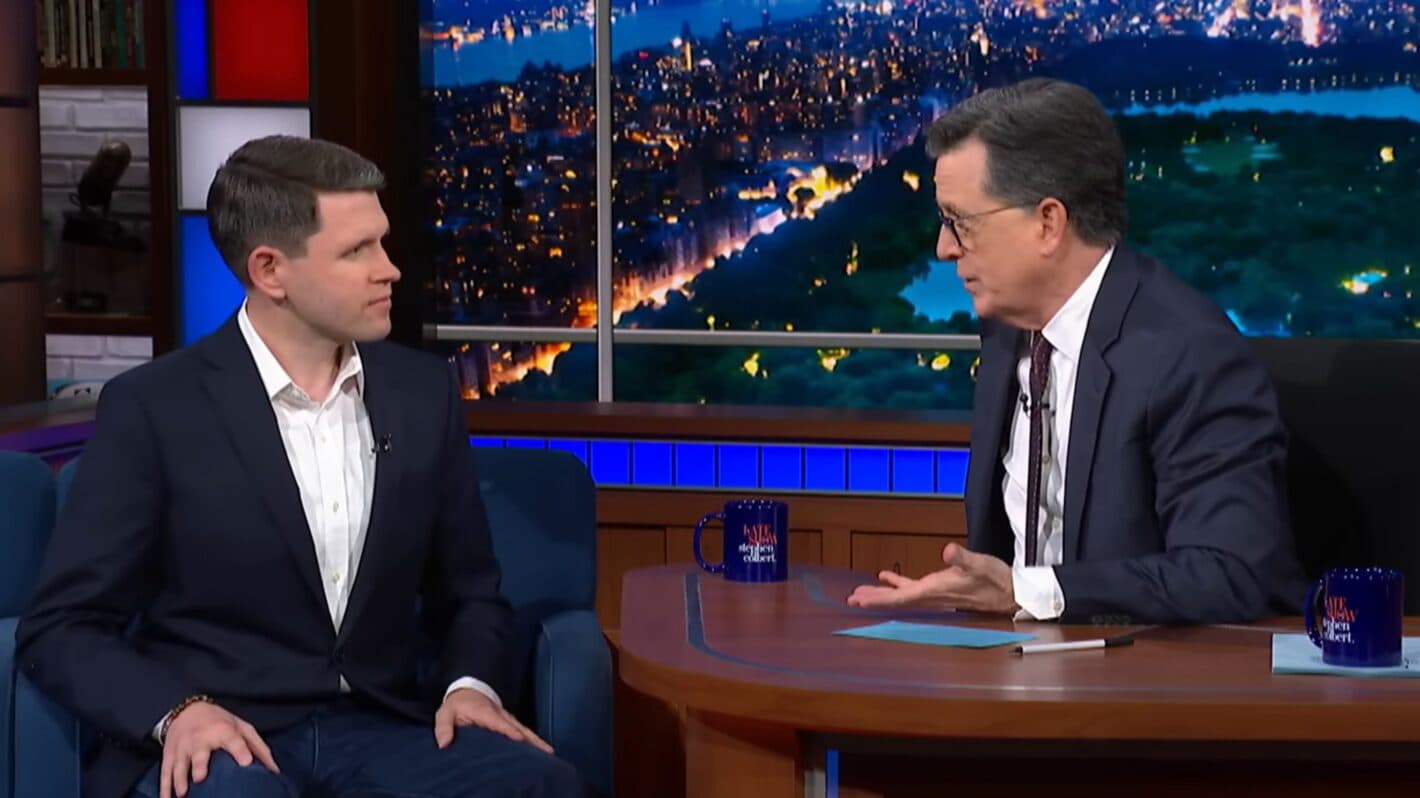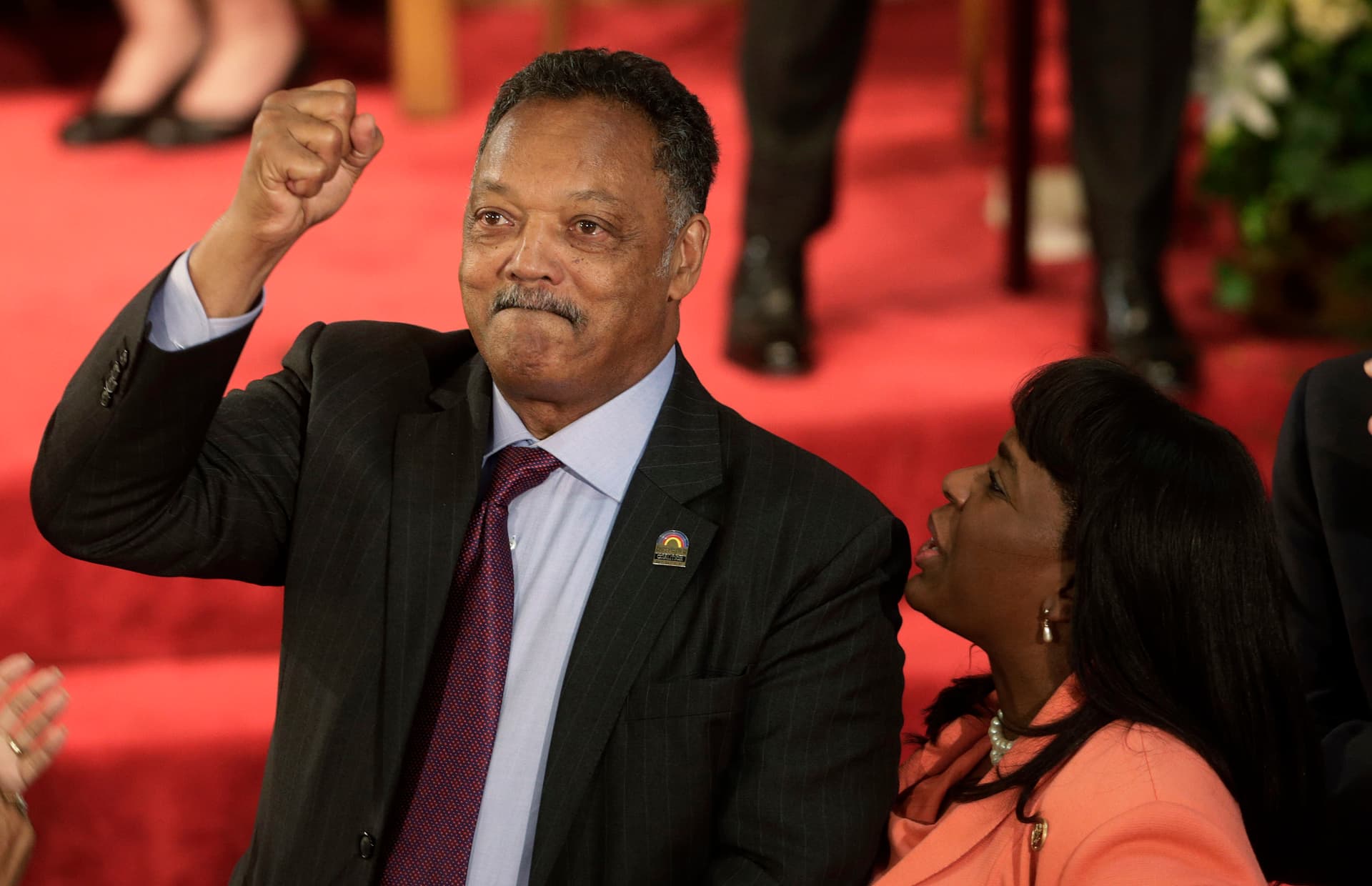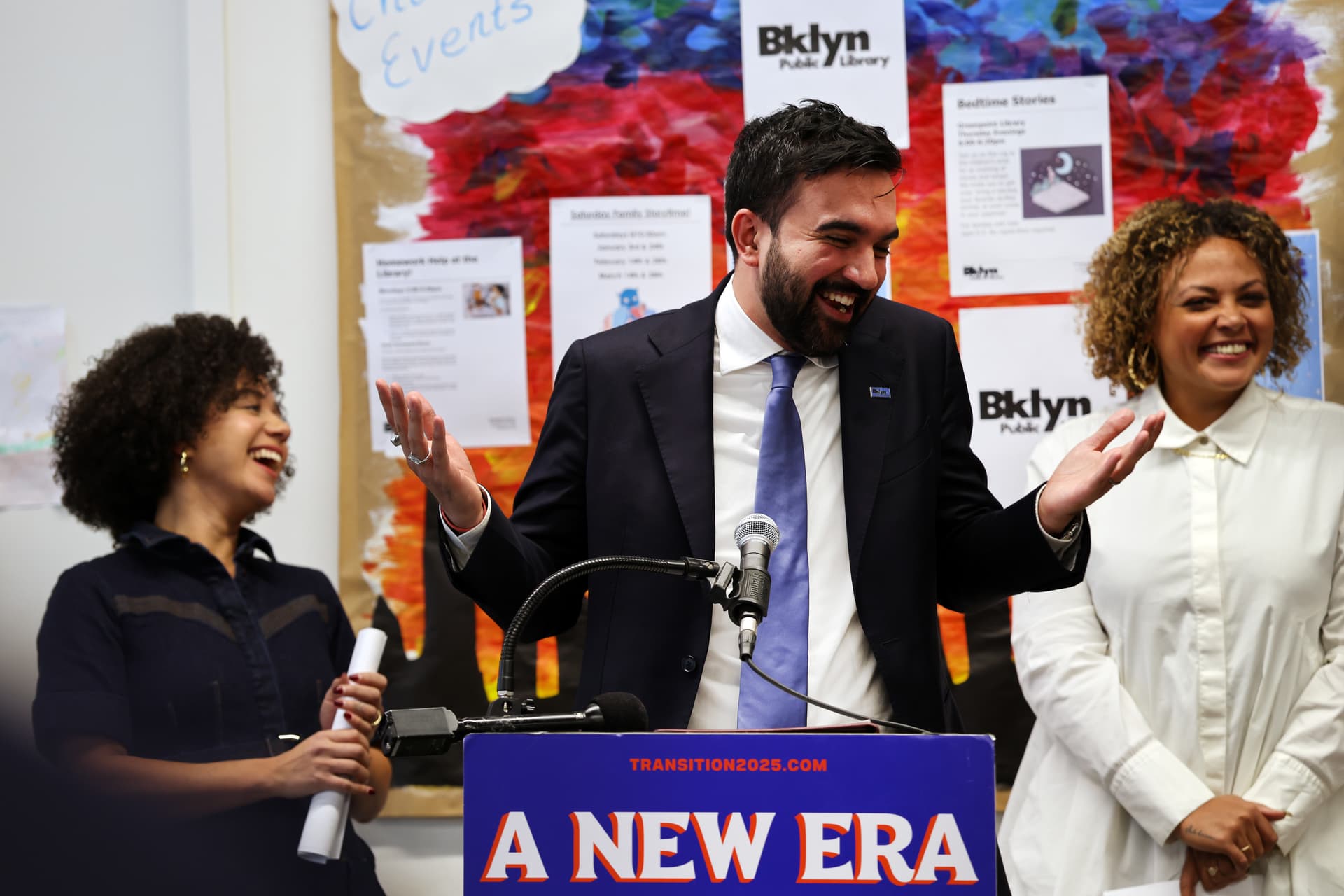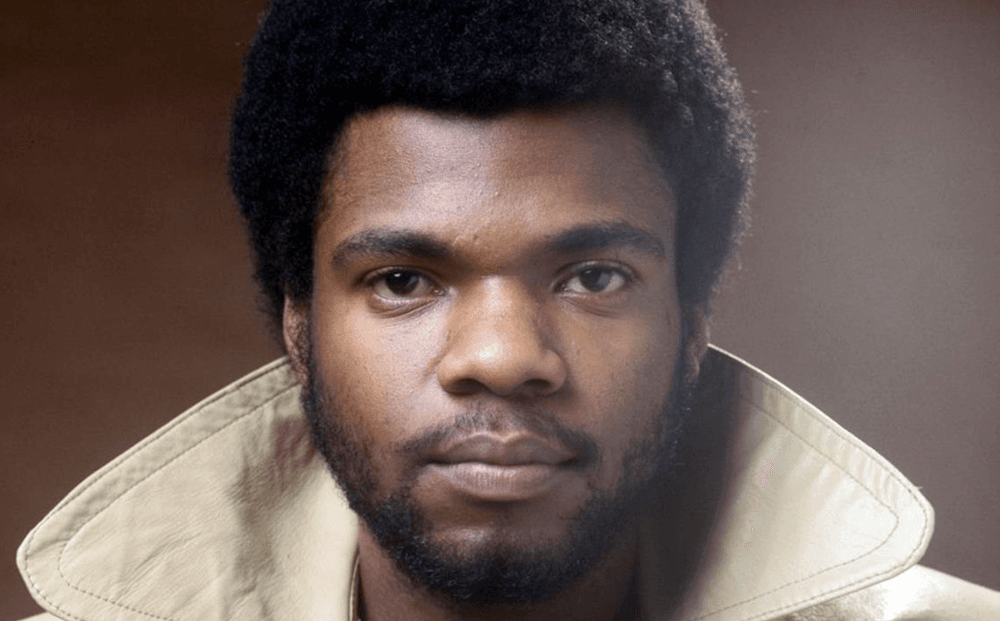
‘I Have the Right To Talk About Their Decision’: Colbert Doubles Down on Claim CBS Blocked Him From Interviewing Democrat
By BRADLEY CORTRIGHT
|A feast for the eyes as well as the appetite, the film spotlights so many mouth-watering meals that it wouldn’t be surprising if every viewer goes out for Italian food immediately afterward.

Already have a subscription? Sign in to continue reading
$0.01/day for 60 days
Cancel anytime
By continuing you agree to our Privacy Policy and Terms of Service.

By BRADLEY CORTRIGHT
|
By DANIEL EDWARD ROSEN
|
By LAWRENCE KUDLOW
|
By THE NEW YORK SUN
|
By THE NEW YORK SUN
|
By MARIO NAVES
|
By BRADLEY CORTRIGHT
|
By LUKE FUNK
|